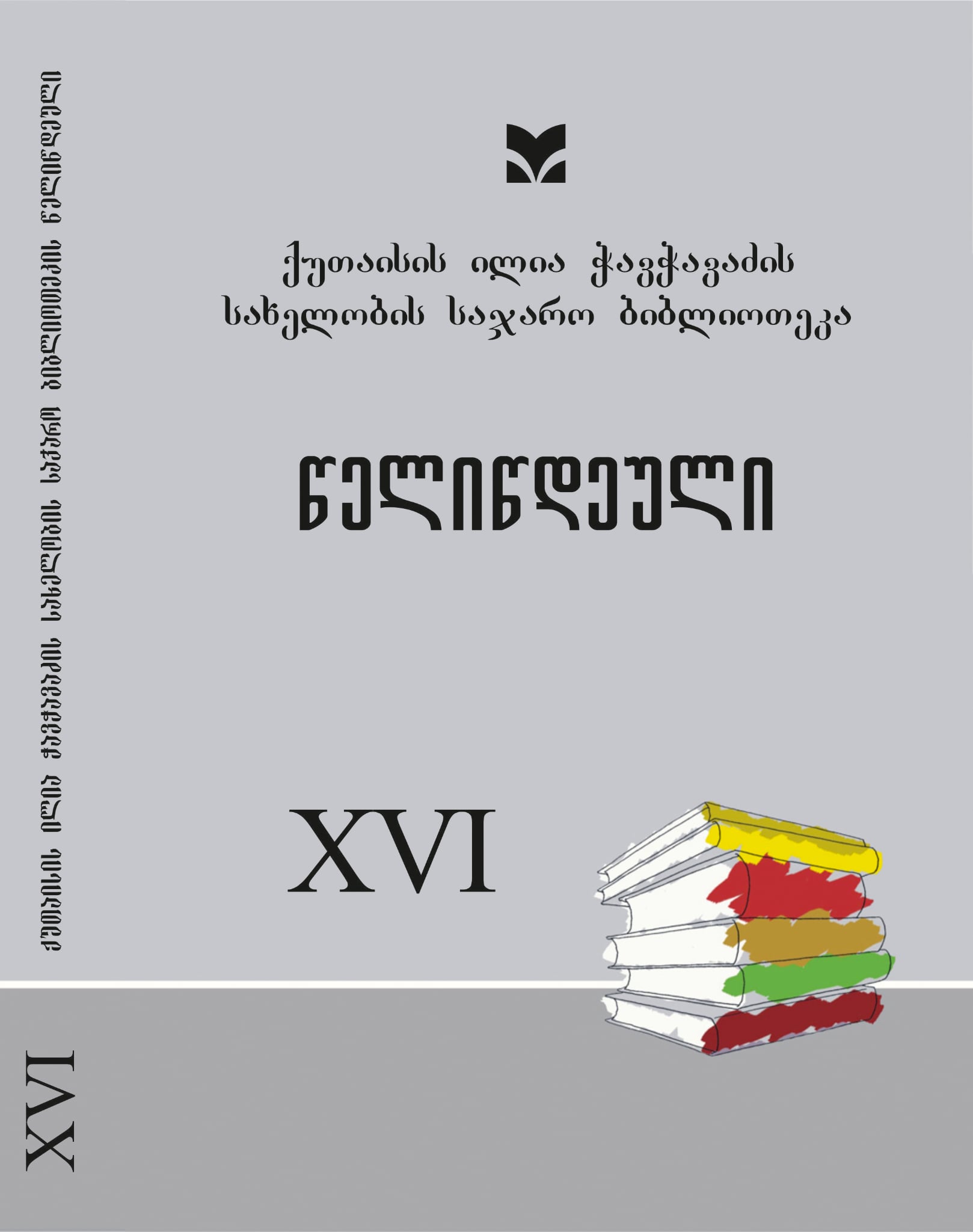The Gurian Material of the „Shota Rustaveli Cultural Campaign“
DOI:
https://doi.org/10.61491/yk.16.2024.9386Keywords:
Soviet folklore, Gurian folklore, folklore project – „Shota Rustaveli Cultural Expedition“Abstract
This article examines the folklore project „Shota Rustaveli Cultural Campaign“, implemented in 1934–1935 by the newspaper Kolkheti (Collectivization), which was part of the broader folkloric celebrations for Shota Rustaveli’s jubilee in 1937 within the Georgian context. The Rustaveli Cultural Campaign represents the first instance in which such an initiative became a subject of scholarly inquiry within Georgian folklore studies.
The campaign aimed to collect new poetry with socialist content from peasant poets and publish these works in a peasant-oriented newspaper. The poems gathered during the campaign were subsequently compiled into collections, which continued to be published into the 1980s as expressions of the popular spirit.
The study focuses specifically on poems collected from the Guria region. The research shows that, compared to other regions, Guria displayed the least enthusiasm for the newspaper’s initiative, as evidenced by the relative scarcity of Gurian poems both in the newspaper and in later published collections. Moreover, a small number of Gurian poems survived in the archives of the newspaper Kolkheti held at the Literature Museum; these were never published, as their ambiguous meanings were blocked by editorial decisions.
The material selected for publication was curated by the journalist Akaki Chkhonia, who edited the poems according to his own criteria and, as a committed communist, prioritized works with socialist themes. The campaign revealed the identities of numerous peasant poets who wrote on Soviet topics. However, the publication of these poems alongside their folk oral traditions led to a methodological error in Georgian folklore studies: the folklorist Mikheil Chikovani erroneously introduced the term „author-narrator“, which is incongruous with folklore, alongside the traditional concept of the narrator.
Despite justified criticism of the Rustaveli Cultural Campaign during its implementation, it had a significant impact on Georgian folklore studies. In practice, it established a comprehensive and extensive database of Soviet-era Georgian folklore. Both the organization of the campaign and its outcomes clearly demonstrate that Soviet folklore in Georgia emerged primarily through institutional mechanisms rather than organically from popular traditions.




